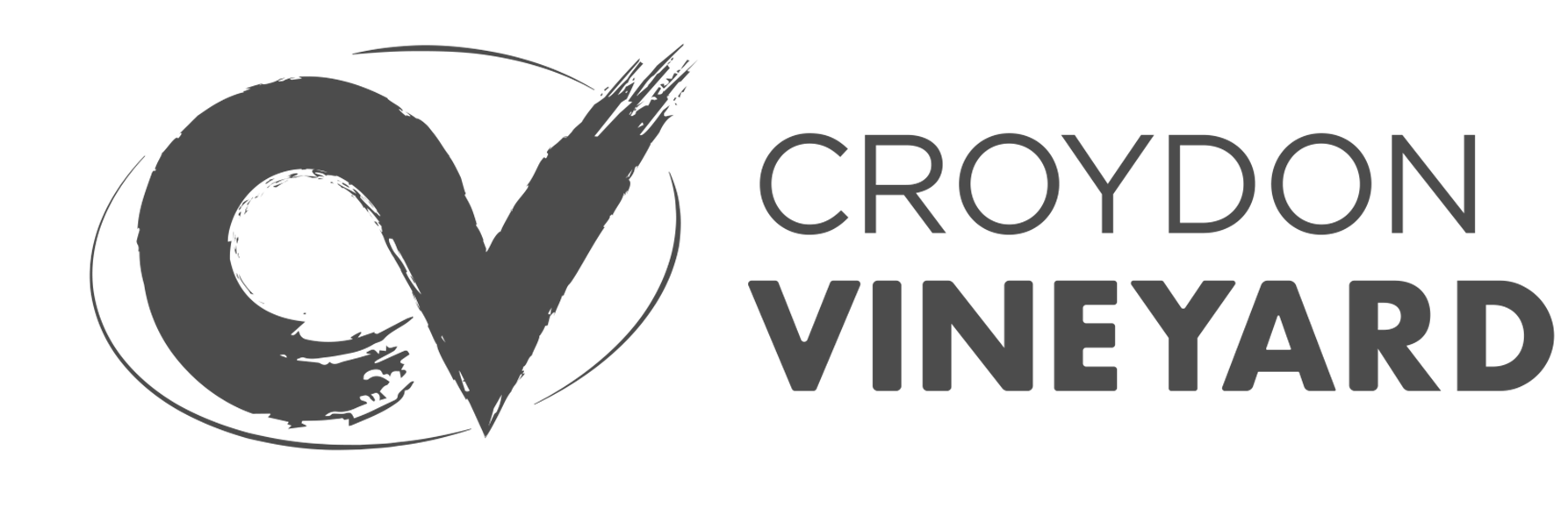Teaching Beginners - 30 Teaching Techniques
On 15th April we had our first VES “How To Teach Beginners” Training Session. We covered -
Key Principles - big ideas to bear in mind when preparing and teaching for VES
Cool Tools - ideas for topics / vocabulary to teach beginners, even with no resources
Teaching Techniques - different methods you can use to teach.
Teaching techniques are different methods you can use to teach. Each teacher will gravitate towards 3 or 4, but it’s good to use a variety through a class, and through classes, in order to keep things fresh. Our principle is “teach one word a hundred ways, rather than teaching a hundred words in one way”. Here are different techniques you can use:
#1 Modelling e.g teacher demonstrates how a word is pronounced, or a phrase is read.
#2 Use an assistant as a model student e.g. ask your assistant the question first.
#3 Round the circle (and back again) e.g. ask each student the same question in turn.
#4 Correcting (to an appropriate level) e.g. correct a student’s pronunciation
#5 Revising e.g. ask questions that were covered earlier in the lesson.
#6 Get the students to write it down e.g. tell them to copy what is on the board.
#7 Chorus - ‘all together now’ e.g. the whole class counts to 10 together.
#8 Progress until gaps - e.g. keep counting upwards until the students don’t know how to say the number, like 13 and then teach from there.
#9 “What am I pointing at?” e.g. point at the number 8 written on the board, ‘what am I pointing at?’
#10 Dictation i.e. listen and write. e.g. say a number or spell a word on the board whilst it’s reversed, and the students try to write it down before you reveal it to them.
#11 Practise in pairs
#12 Elicit for next step e.g. begin to elicit and record names of the months when teaching date of birth with numbers.
#13 Gap fills e.g. “I wake up at _______” “I ______ rice.”
#14 Round the circle progression e.g. one student says ‘Monday’, the next student should say ‘Tuesday’ and so on.
#15 Show something on your mobile e.g. what time is it.
#16 Act it out e.g. cup ear for ‘listen’
#17 Get student to write on board e.g. ‘how do you spell your name?’
#18 Write basic sentences on the board.
#19 Basic gap fills.
#20 Short basic writing activities e.g. “I wake up at 8am.”
#21 Teach words with flash cards.
#22 Flash cards mix and match all together
#23 Flashcards mix and match in two teams
#24 Teach content from worksheet
#25 Get student to read from worksheet
#26 Work through worksheet exercise on the board.
#27 Work through worksheet exercise in pairs
#28 Work through worksheet individually
#29 Check through worksheet answers.
#30 Brainstorm e.g. vehicles, what different vehicles are there?
